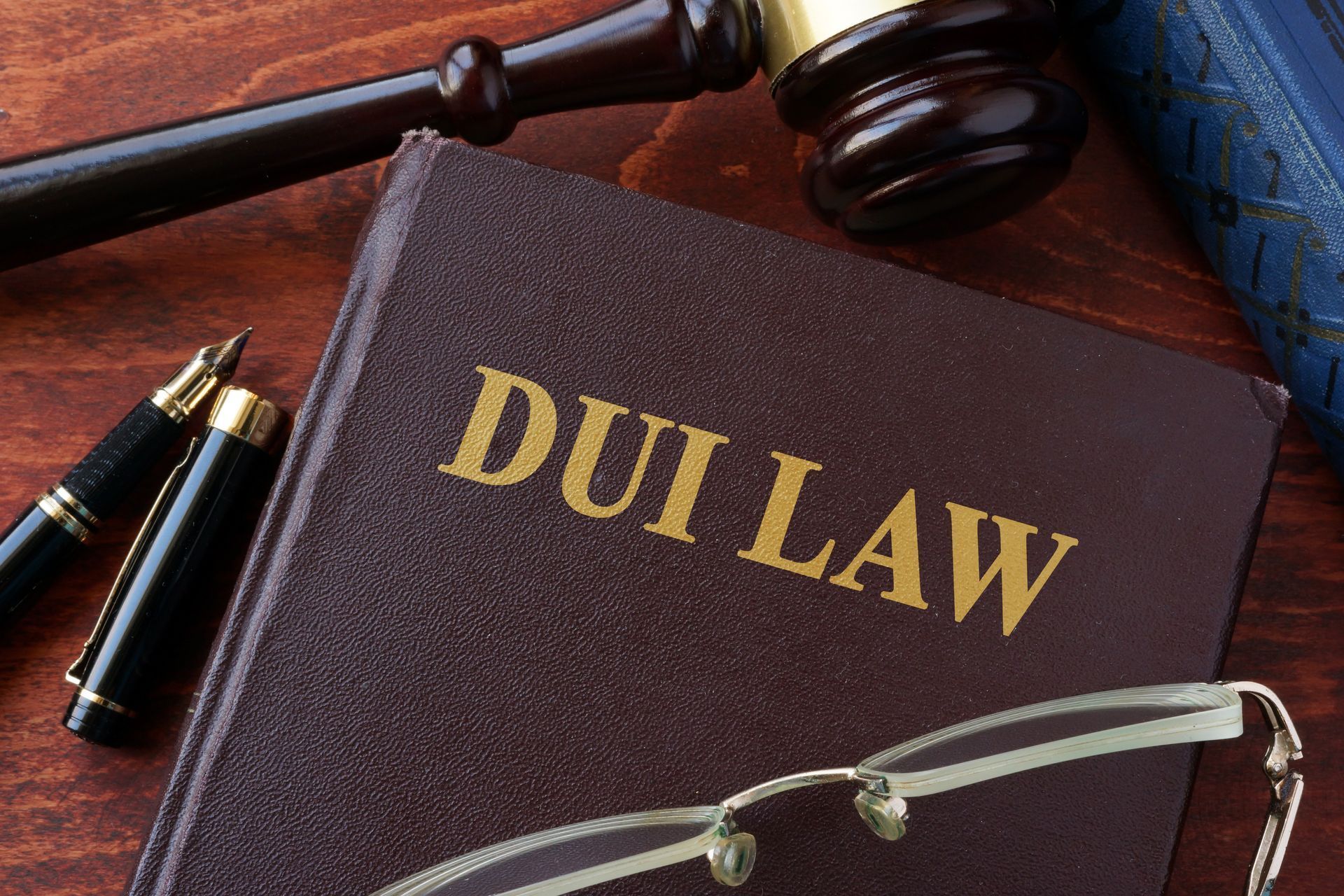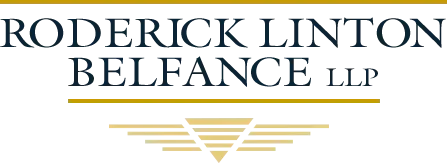Some differences between Chapter 7 and Chapter 13 bankruptcy
Chapter 7 bankruptcy is often referred to as “liquidation bankruptcy.” If you meet the income limit, all of your qualifying debts can be wiped away. However, not all debts qualify for bankruptcy discharge.
Chapter 13 is often called the “wage earner’s bankruptcy.” The way it works is that the bankruptcy court helps you set up an affordable repayment plan for your debts. The plan generally lasts between three and five years. After you have successfully completed the plan, any remaining qualifying debts are wiped out.
Will I lose my house and car?
It depends on which Chapter you file under. If you have debts secured by collateral, like a house or car, the creditor will generally get to take the collateral if you file for Chapter 7.
In Chapter 13, you do have to pay the debts, but the creditor cannot take your collateral. Plus, as a part of your plan, any unpaid balance could be wiped out.
There are also exemptions in the law that may allow you to keep your home and vehicle even if you file Chapter 7. However, the exemption may only cover part of the value of your home or vehicle. In Chapter 13, the exemptions could change how much you have to pay your creditors.
Will I lose my other property?
In Chapter 7, you will generally have to surrender any valuable property you have that is not exempt from bankruptcy. This generally does not include your ordinary daily necessities. If you want to keep this property in Chapter 7, you may be able to pay for it outright.
In Chapter 13, you generally get to keep your nonexempt valuable property. If the property is secured by collateral, you can pay for it, with interest, over time as part of your plan.
Will my co-signer have to pay off my debt?
If someone co-signed for your personal loan, they are as responsible for the debt as you are, outside of bankruptcy. If you file for Chapter 7, the creditor can call on your co-signer to pay the debt. If you file Chapter 13, the creditor cannot call on the co-signer to pay while you are making your plan payments.
What types of debt cannot be discharged in either Chapter 7 or Chapter 13?
Some types of debt are exempt from discharge under most circumstances. These include:
- Child support
- Alimony
- Student loan debt
- Most tax debt
If you file for Chapter 7, these debts will not be discharged. If you file for Chapter 13, these debts can be included in your repayment plan. However, you would still owe any balance remaining at the end of your plan.
Should I wipe out my 401(k) plan to pay off my debts?
No. Tax-exempt retirement accounts like 401(k)s, 403(b)s and state teacher retirement systems, along with private pensions, IRAs and Roth IRAs are exempt from bankruptcy. The court will not take your retirement accounts to pay off your debts, and you shouldn’t give up your future financial stability.
You may have other questions about bankruptcy. Don’t hesitate to ask an experienced bankruptcy attorney how the process works, what property is exempt, and what you can expect to pay in a Chapter 7 or Chapter 13 bankruptcy.










